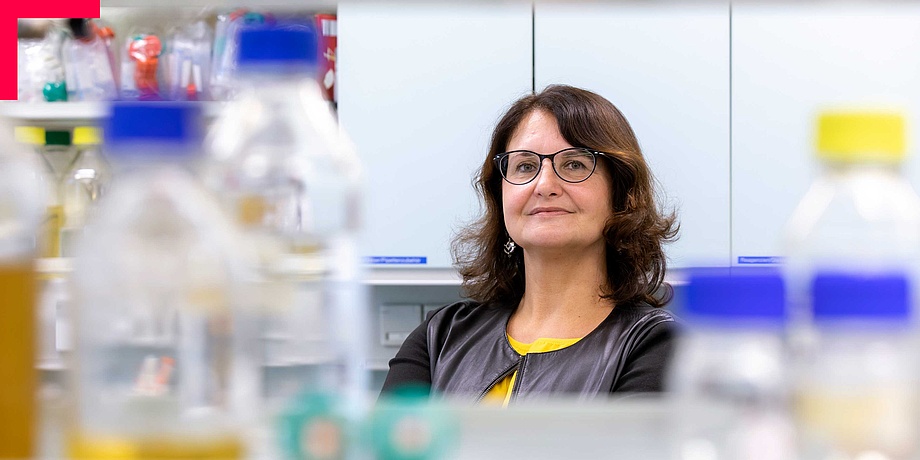45 per cent of the fruit and vegetables harvested worldwide spoil, according to statistics from the UN Food and Agriculture Organization (FAO). In the industrialized countries, this happens mainly during storage. How can these food losses be reduced – and without using huge amounts of chemicals – asked Professor Gabriele Berg of Graz University of Technology. She developed a biological way of preserving them.
In laboratory tests, the storage life of organic apples was significantly improved.
This involved the combined use of hot water treatment (in which the apples are briefly immersed in a hot water bath) and biocontrol organisms. The apple microbiome is preserved and this is essential.
"Today we have the tools to analyze food and on the other hand to take a step towards human health," says Berg. "We know that fermentation in sauerkraut or in Asian cuisine has a positive influence on our intestinal health. So this will become even more important." Berg says that research into nutrition and food production could continue to achieve a lot for our society. She hopes to inspire many young people.
"This sector has a key role to play in our society and will always need new and innovative minds."

